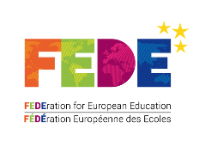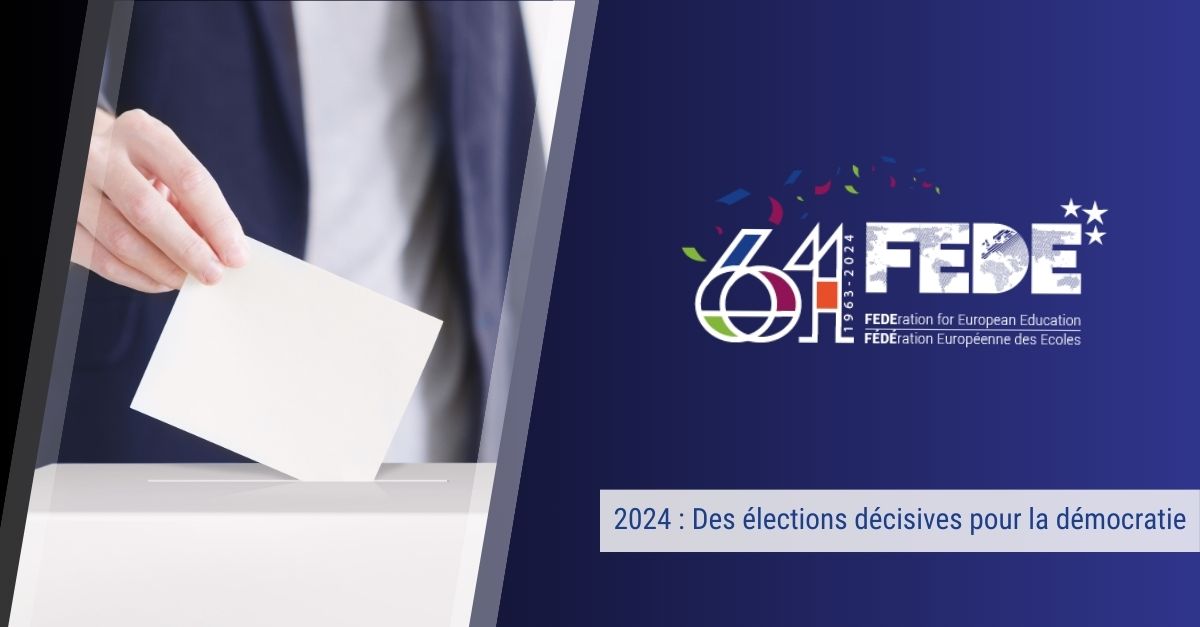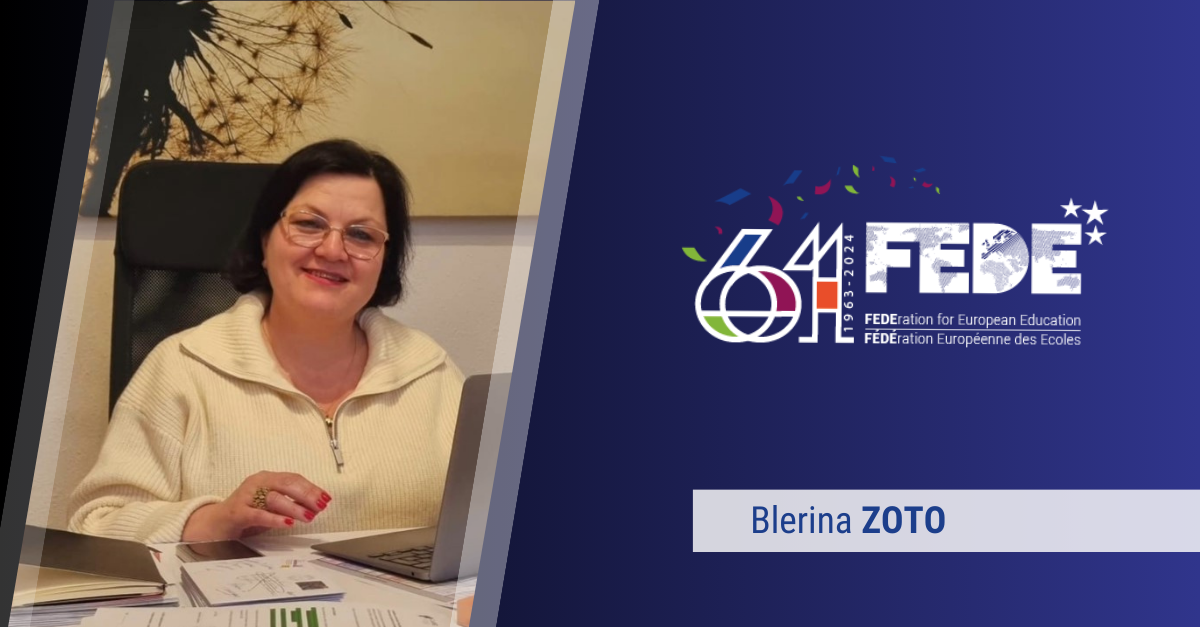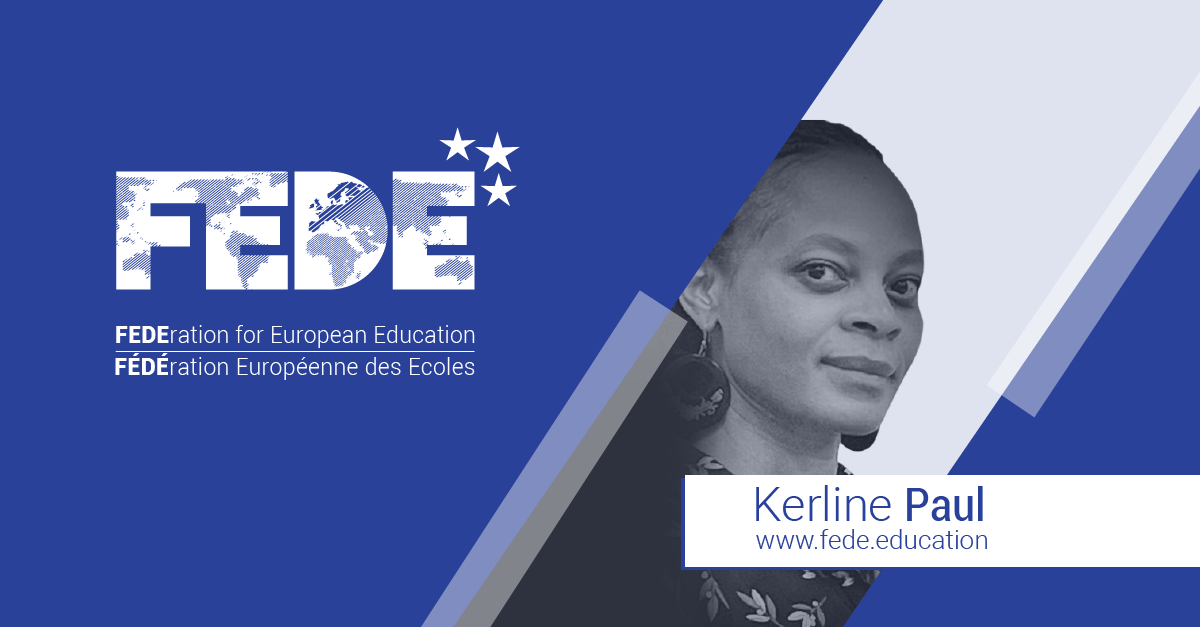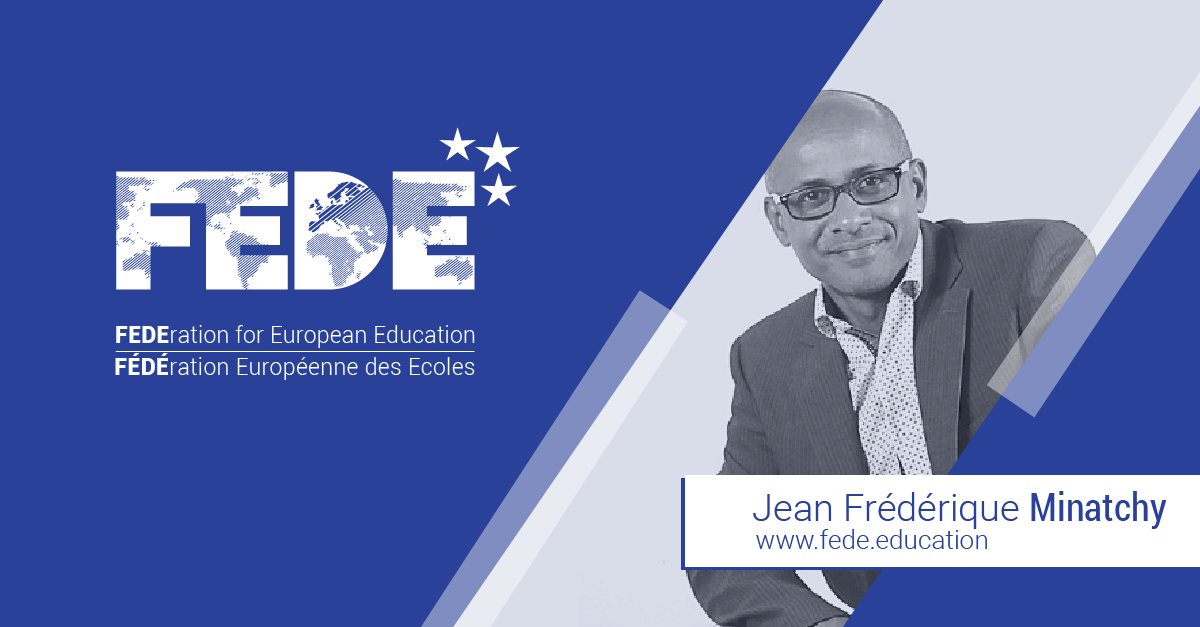GOVERNANCE AND EUROPE
Eclecticism is the hallmark of this book. This is illustrated by the nature of the articles and the profiles of the writers. A quick glance at the table of contents clearly indicates this aspect:
From a reflection on secularism in Europe, diplomacy of influence through to religious beliefs, geopolitical issues, Community law, financial regulation, immigration and defence; the outlook offered by this study is highly varied.
Also varied are the profiles of the writers of this book: a lawyer (Jean Michel Quillardet), a senior official (Max Brisson), lecturers-researchers (Denis Aubin, Marc Delachaussée, Dominique Jean Renou), a journalist (Genci Burimi), legal professionals (Muriel Assouline, Bruno Szwajcer), an honorary divisional commissioner of the national police (Michel Lepoix), were sought as an expression of the profound educational vocation of the FEDE.
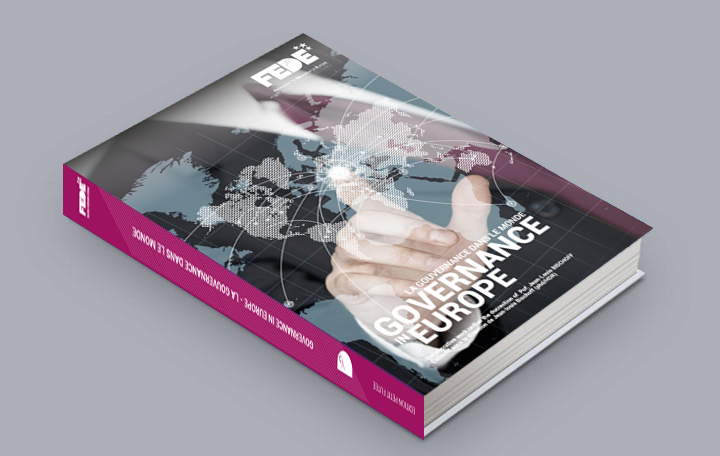
This book aims to provide an understanding of the main organisational mechanims in Europe in terms of strategy and geopolitics. It enables an analysis of the interactions between states, international institutions, economic stakeholders and civil societies. It offers tools for analysing European governance in order to understand its complexities and issues. To understand today’s world, is to be able, tomorrow, to deliver more effective, more open, more coherent, more legitimate, more responsible and therefore more efficient managerial decisions.
Contents
1. Governance and religious belief
Secularism in Europe
Jean Michel Quillardet
2. Governance and geopolitics
European geopolitics
Max Brisson
3. Governance and euroscopy
International Non Governmental organizations
The political, legislative and financial systems
Community law
Competences of the EU
Perspective
Max Brisson and Muriel Assouline
4. Governance, public markets and business
Scope & errors of the special sectors directive
Bruno Szwajcer
CSR and Europe
CSR, a tool in the service of businesses
Denis Aubin
5. Governance and the regulation of finance
The regulation of finance in Europe
Marc Delachaussée
6. Governance and immigration in Europe
Governance and immigration formalities in Europe
Governance and multiculturalism in Europe
European union and international mobility
Dominique Jean Renou
7. Governance and european defence
Europe and defence
Michel Lepoix
8. Governance and the diplomacy of influence in Europe
The diplomacy of influence
Genci Burimi
The co-authors:
FEDE News
2024: Decisive elections for democracy
The year 2024 promises to be a period of electoral density unequalled since universal suffrage was first introduced in 1792 by a pioneering country, France, at a time when only men had the right [lire plus]
Women’s Day: Challenges for 2024 – Meeting with Blerina Zoto
To mark the 61st anniversary of the FEDE and International Women’s Day on March 2024, we had the privilege of meeting Blerina Zoto, member of the FEDE Executive Board. An Albanian-Swiss diplomat, human [lire plus]
Kerline Paul: ‘Boosting the identity and reputation of solidarity-based economics’
Kerline Paul has worked as a bilingual executive assistant for over 20 years. In preparing meetings and files, in organising seminars and training courses, and in managing customers, she has honed her capacity for [lire plus]
Jean Frederic Minatchy wants to find a fruitful, human way to manage
In 2012, Jean Frédéric Minatchy set up a firm specialised in training (coaching and professional mentoring). He has also continued his career as a teacher, lecturing at Néoma Business School and the Université de [lire plus]
